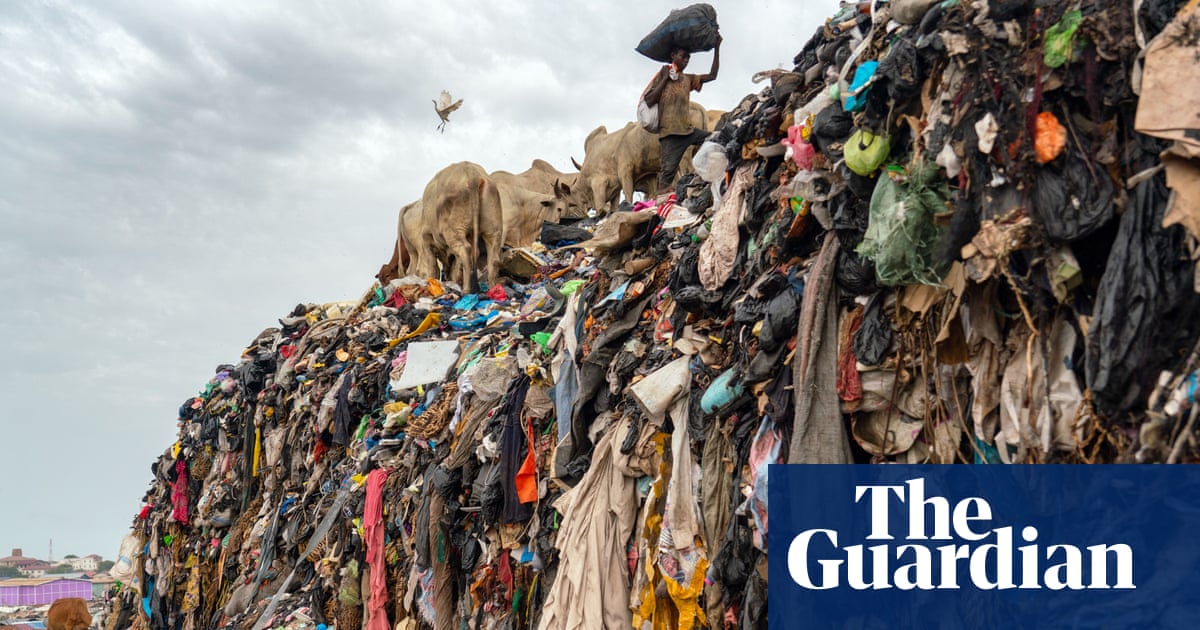The lower chamber of France has approved a measure to regulate the negative impact of fast fashion by implementing an added fee for environmentally harmful practices.

The lower chamber of France’s parliament has approved a series of actions aimed at reducing the appeal of inexpensive, quickly produced fashion, particularly those coming from Chinese manufacturers, to consumers.
On Thursday, Christophe Bechu, the minister for the ecological transition, stated that France has become the first country to pass legislation aimed at curbing the extreme pace of fast fashion. These measures must still be voted on in the Senate.
Some important actions include prohibiting advertisements for the most affordable fabrics and implementing an environmental fee on inexpensive goods.
The French clothing industry has been saturated with inexpensive imported apparel, leading to the bankruptcy of a number of domestic brands.
However, the primary points presented by Horizons, the political party aligned with President Emmanuel Macron that proposed the legislation, focused on environmental concerns.
According to Deputy Anne-Cecile Violland from Horizons, the textile industry is highly damaging to the environment. She noted that this industry is responsible for 10% of greenhouse gas emissions and is a significant contributor to water pollution.
As per the law, France will consider factors like the quantities of clothing manufactured and the rate of turnover for new collections in defining fast fashion.
Violland pointed out that the Chinese company Shein, which releases 7,200 new clothing items every day, is a clear illustration of highly productive fashion manufacturing.
Upon enactment of the statute, specific standards will be released in an official decree.
Companies in the fast fashion industry will be required to disclose the ecological consequences of their products to consumers.
From next year, an additional fee of €5 (£4.20) per item will be implemented to account for the negative impact of fast fashion on the environment. This fee will gradually increase to €10 by 2030. However, it cannot surpass 50% of the item’s original price.
Violland stated that the money generated from the fee would be utilized to support sustainable clothing producers, enabling them to have a stronger competitive edge.
A new regulation to restrict advertisements for fast fashion was endorsed, but conservative legislator Antoine Vermorel-Marques expressed concern that “prohibiting textile and fashion advertisements would ultimately lead to the demise of the fashion industry.”
A proposal proposed by members of the left-wing and Green party to add minimum punishments for producers who violate regulations, import quotas, and stricter workplace standards for the industry into the new legislation was rejected.
Luxury fashion plays a significant role in the French economy due to the presence of renowned global brands like Louis Vuitton, Chanel, Hermes, Dior, and Cartier.
However, the lower-end fashion market in France has been overshadowed by competitors such as Zara and H&M from Europe, as well as Chinese giants Shein and Temu in more recent times.
Source: theguardian.com



